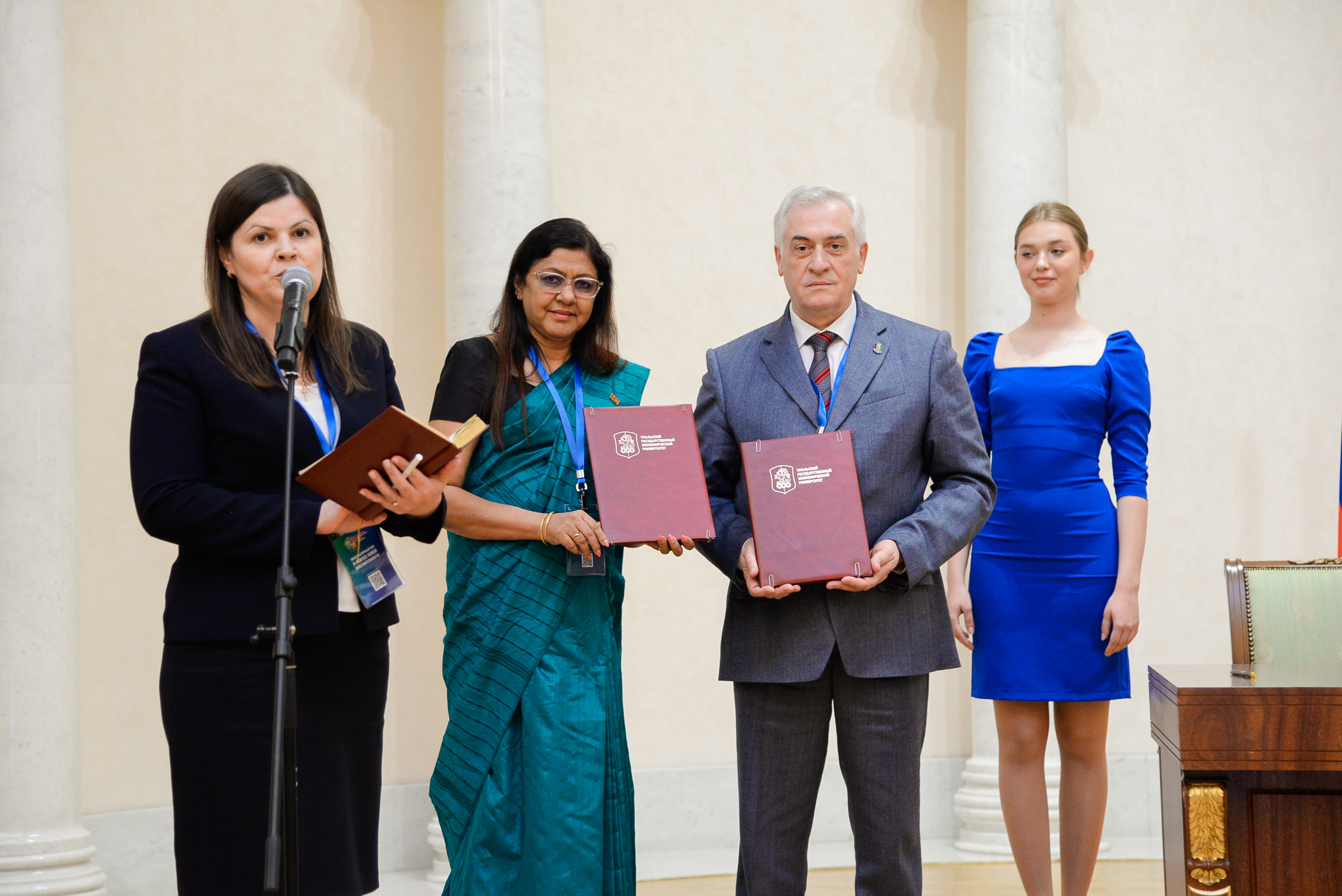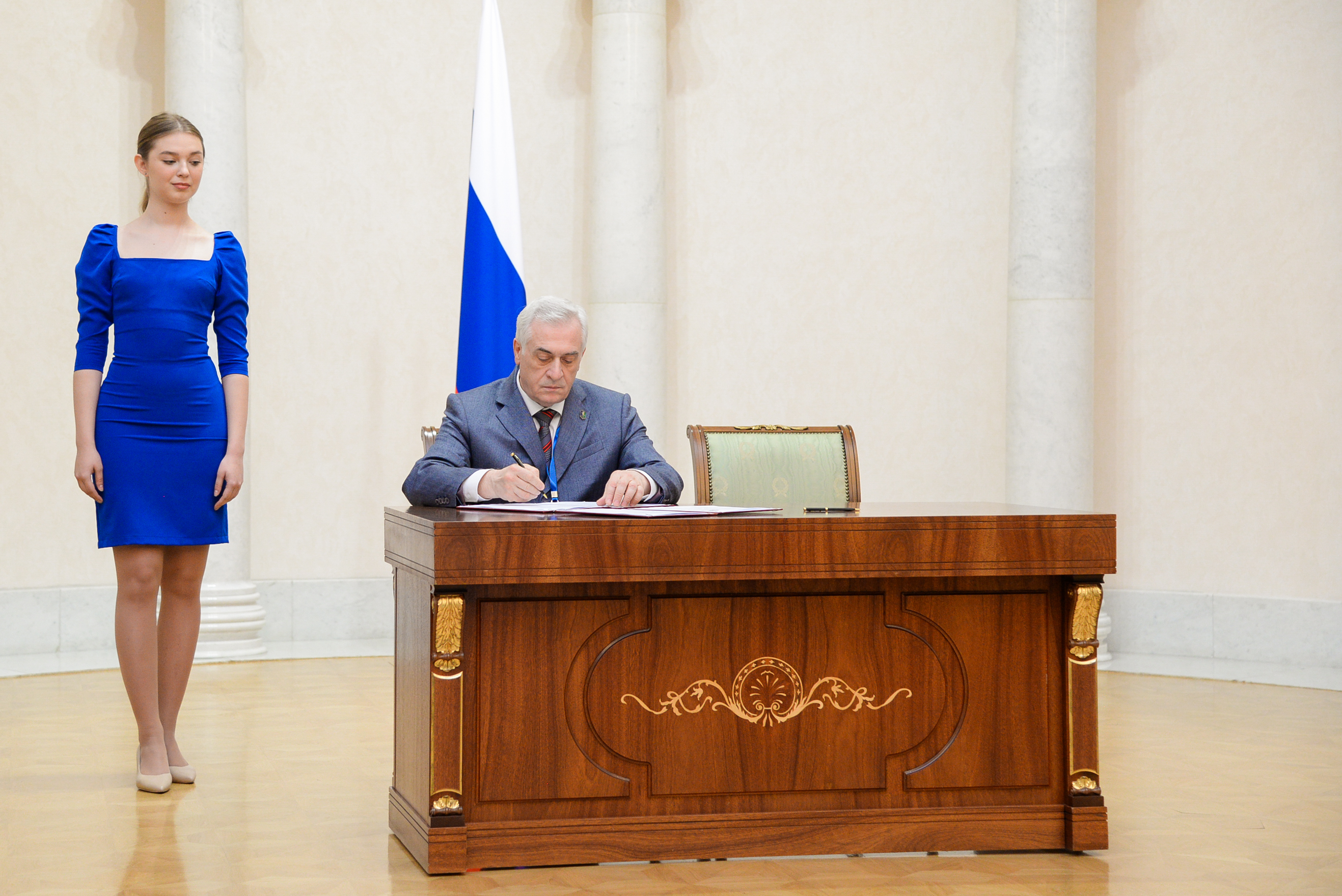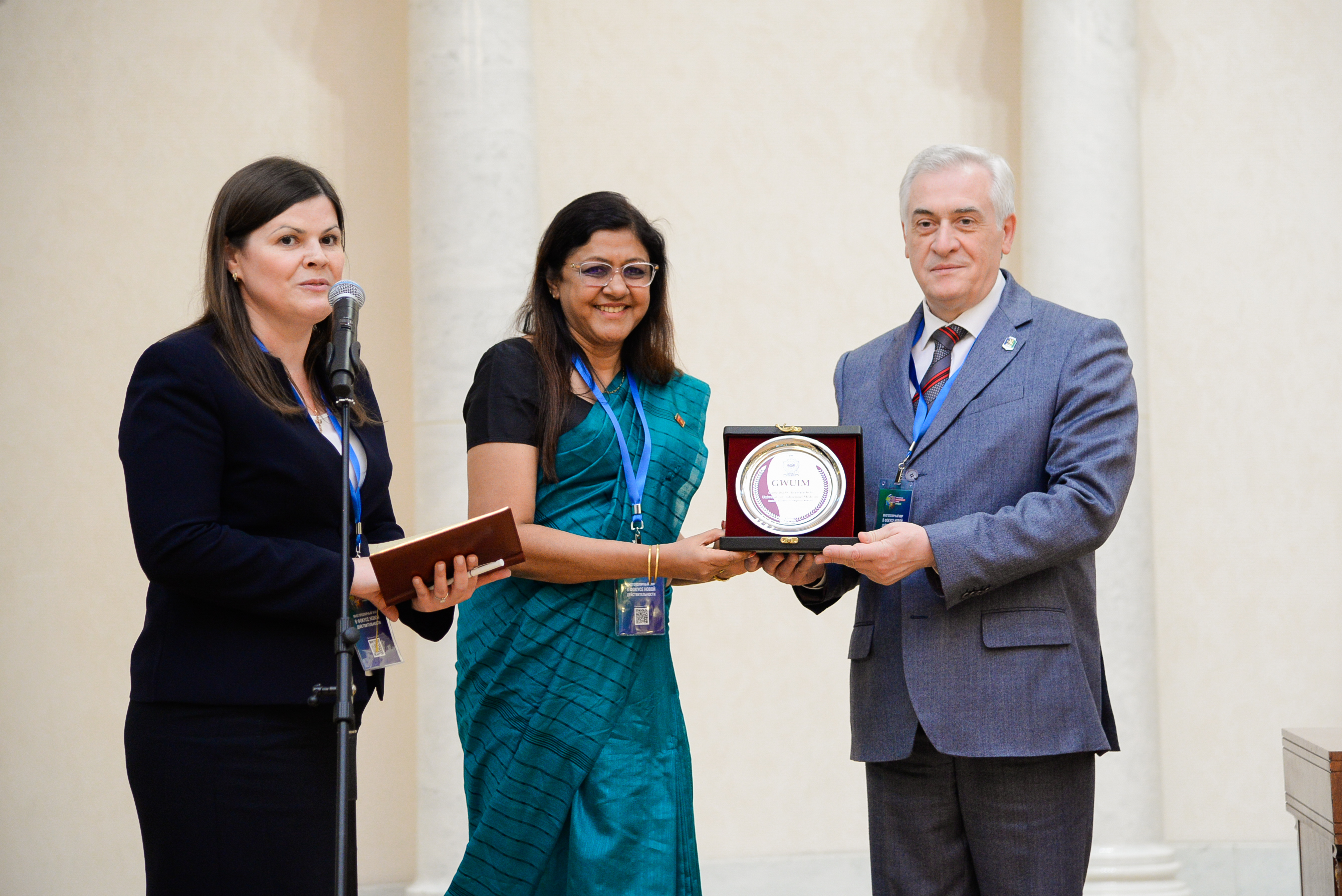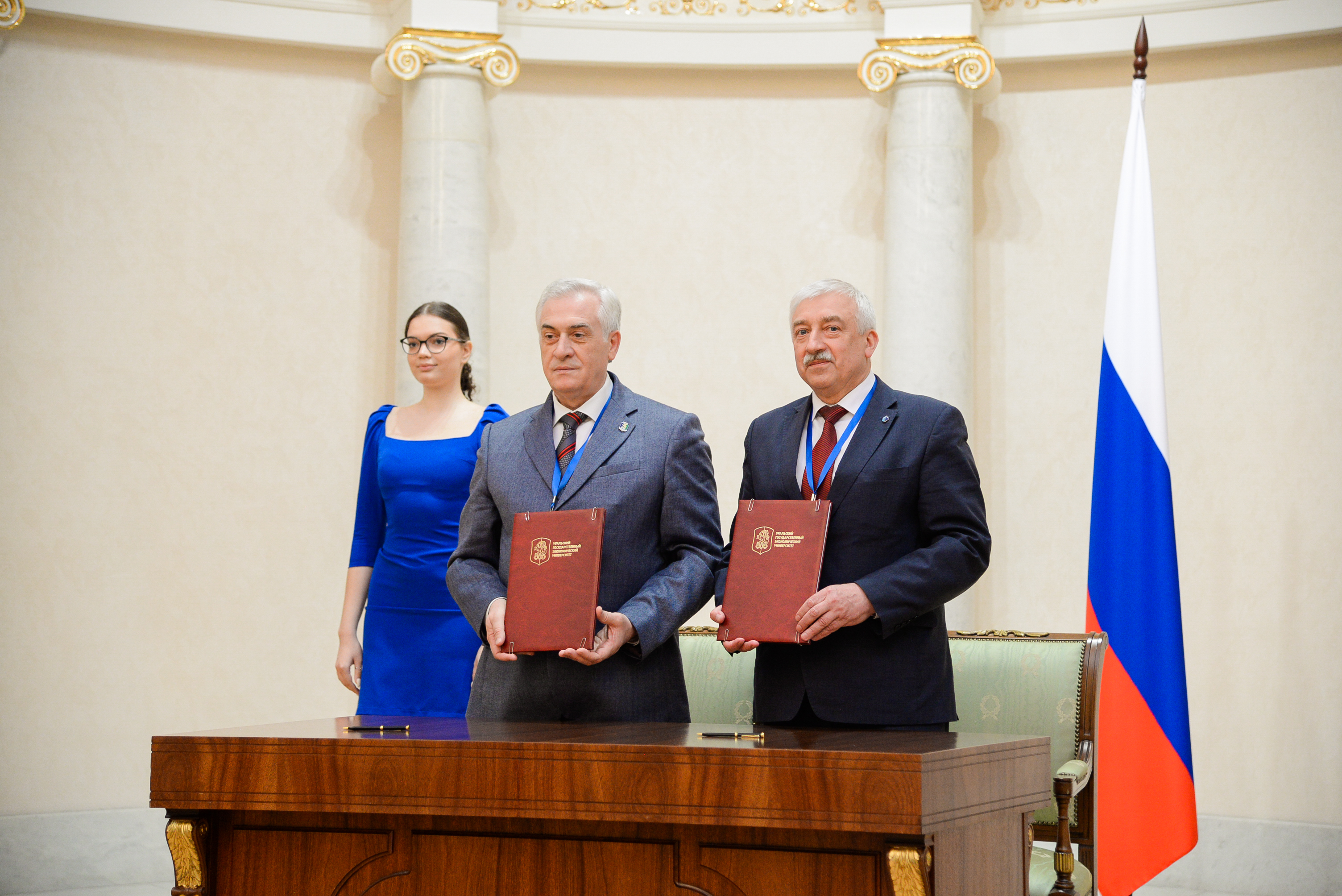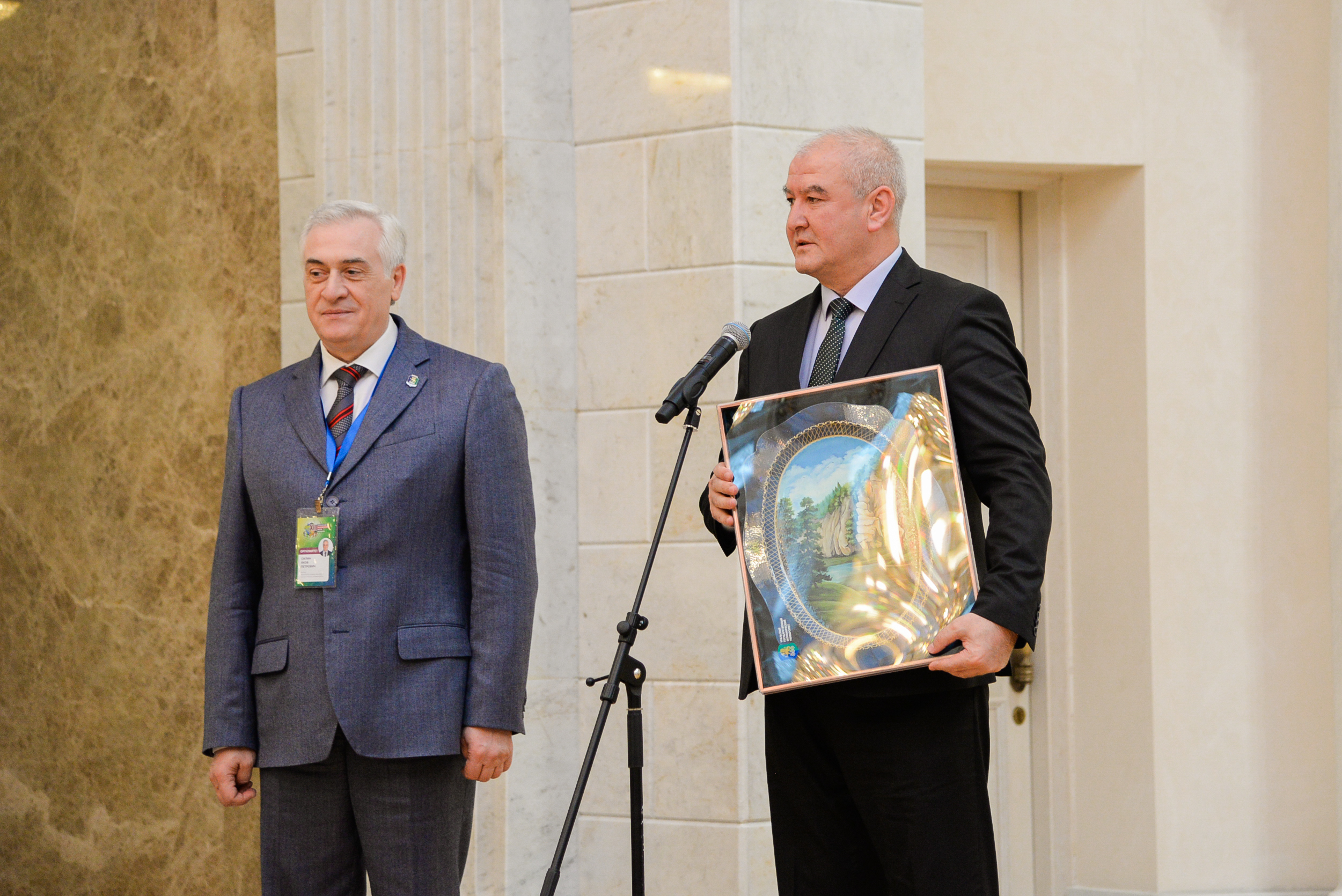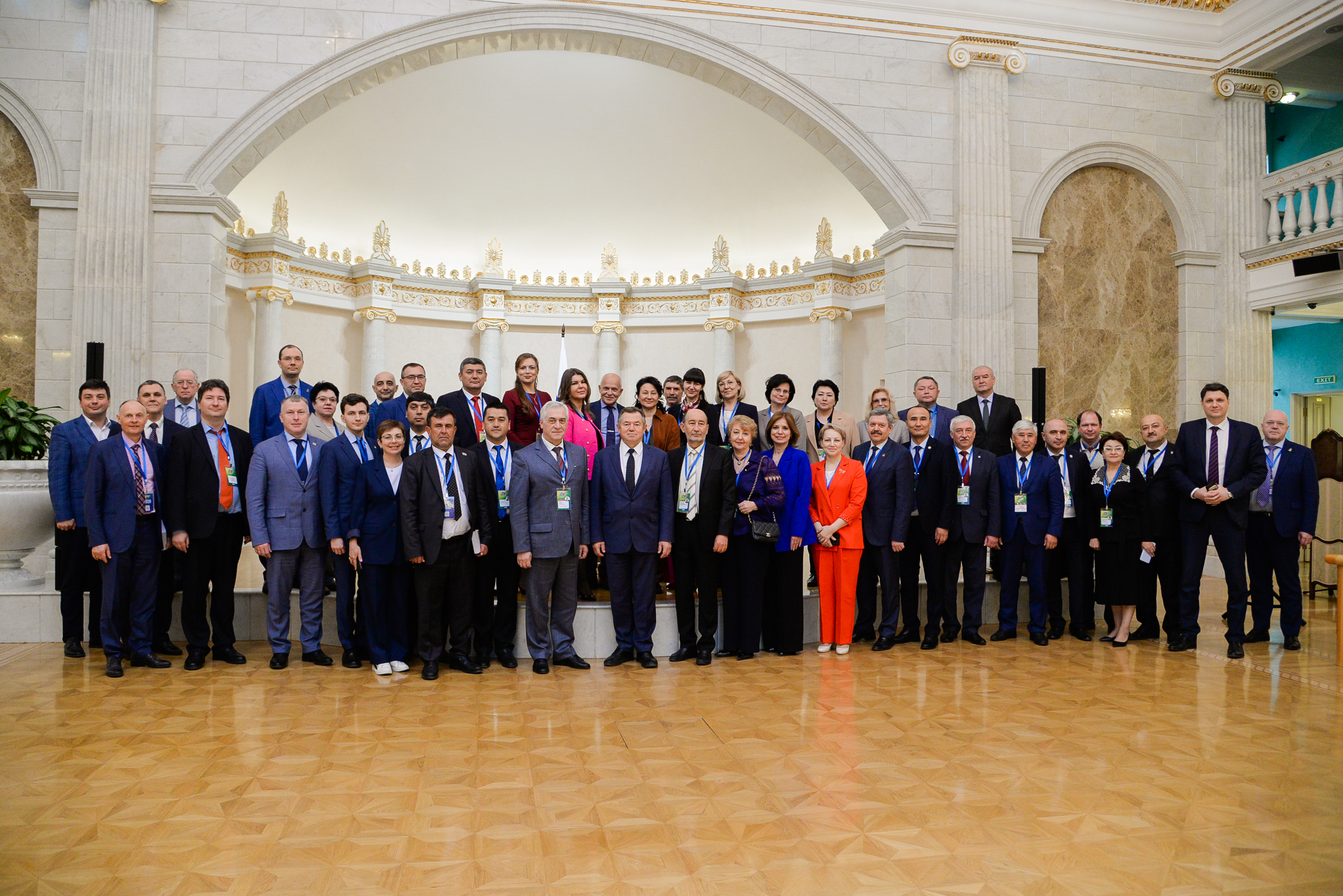THE OBJECTIVE OF EAEU HIGHER EDUCATION INSTITUTIONS IS A BARRIER-FREE EDUCATIONAL SPACE
In Yekaterinburg residence of the President of the Russian Federation Vladimir Putin, the Forum of Rectors took place within the framework of the XIII EEYF. Heads of more than 60 Russian and foreign higher educational institutions, as well as the representatives of government and public organizations took part in the Forum.
The Rector of the Ural State University of Economics, Doctor of Science, Economics, Professor Yakov Silin was the moderator of the Forum of Rectors. He outlined the agenda of today's meeting: the networking of universities as a factor in the integration of higher education into the Eurasian space.
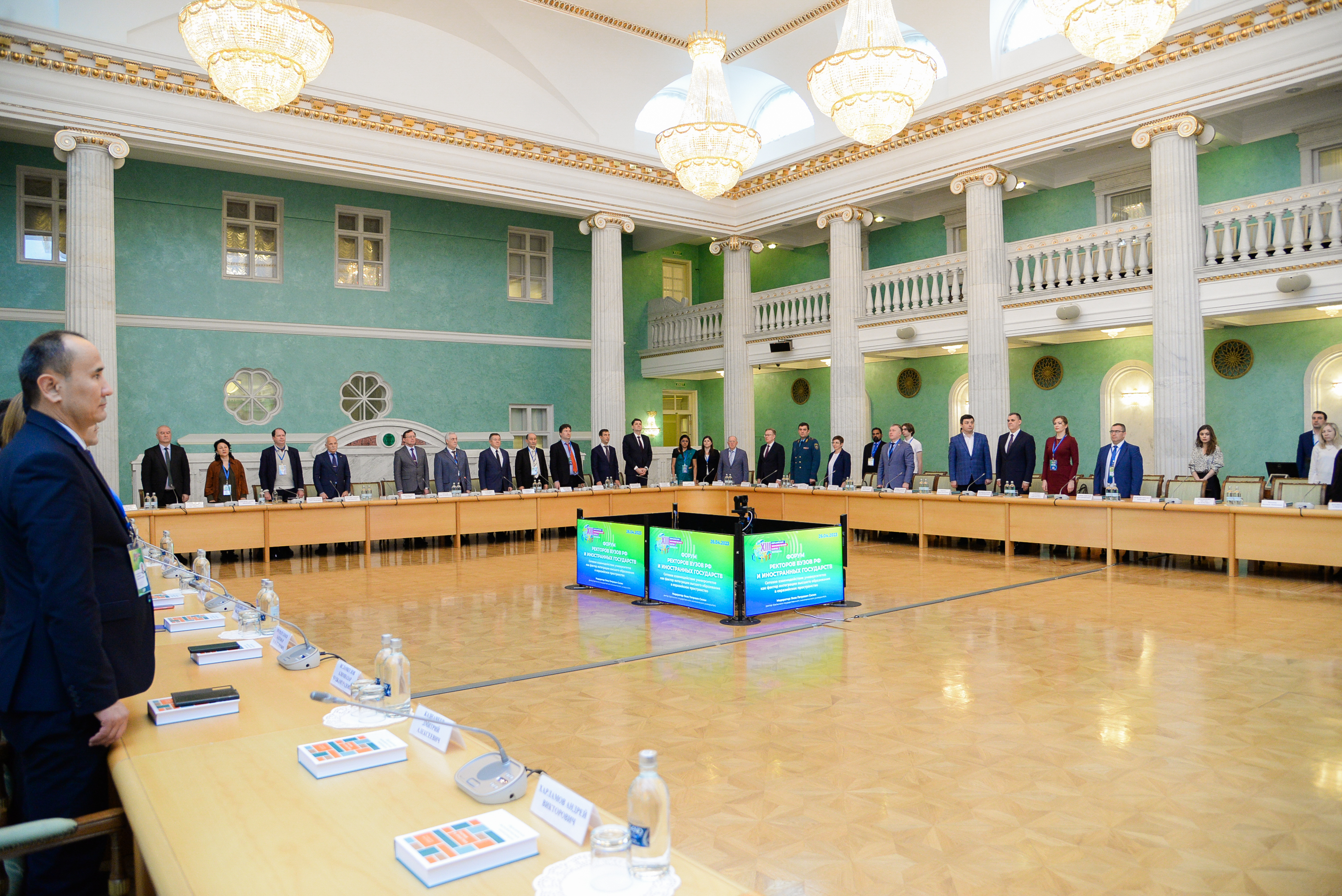
“As various speakers have repeatedly talked during the EEYF, it is especially important in the current conditions to form a common space for economic, cultural, scientific and educational interaction. At the moment, the Eurasian Economic Union has achieved serious development, but the convergence of national legislations, especially in the customs and tax spheres, is a long and laborious process, and there is already a demand for personnel capable of working in the common Eurasian labor market. Therefore, the creation of a barrier-free environment in the field of education, the development of the human and intellectual capital of the EAEU is our primary task,” Yakov Silin said.
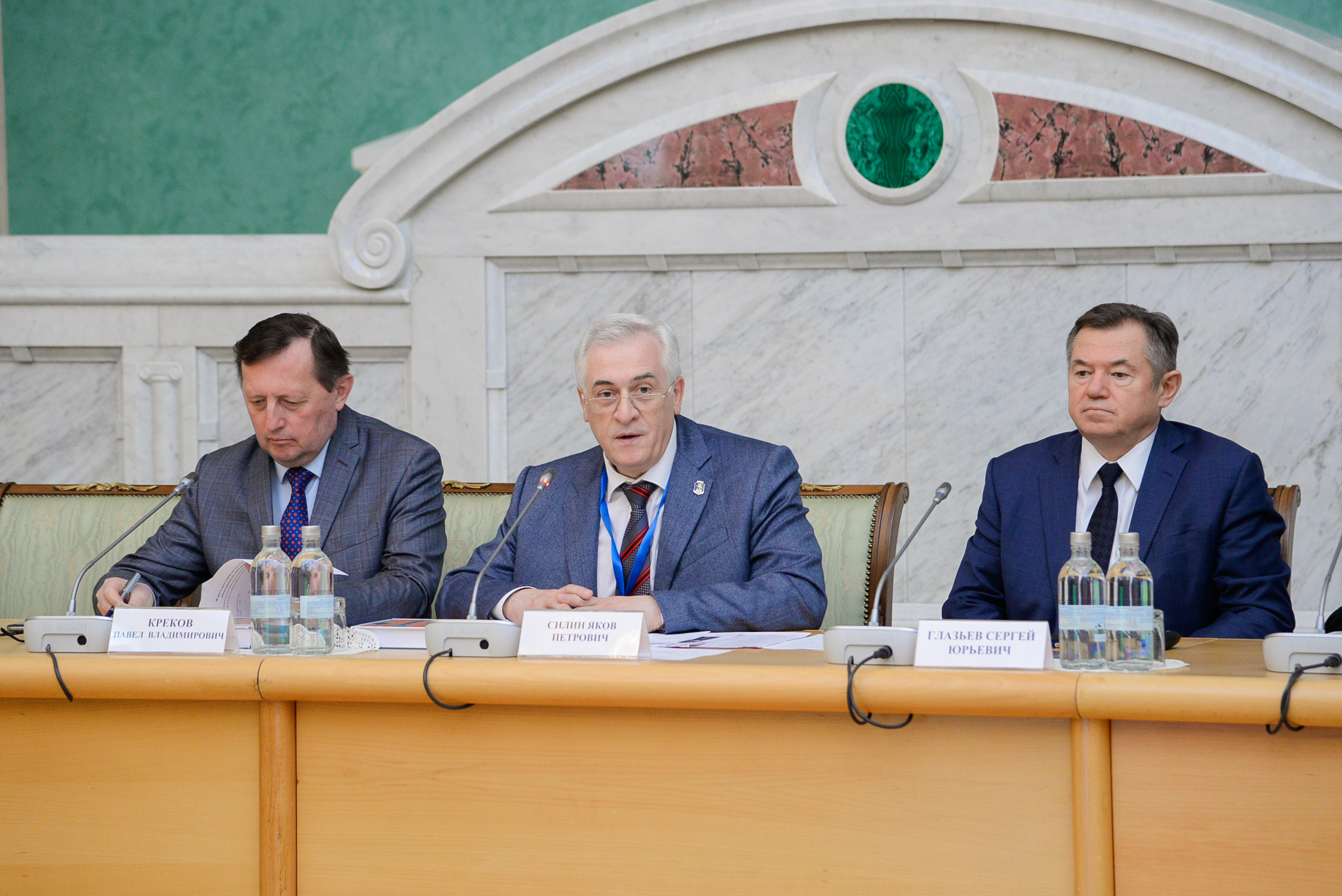
The Eurasian Network University (ENU) contributes to the implementation of the task, mentioned by the rector of USUE. It was formed in 2022 as a part of the implementation of new directions for the development of Eurasian integration that indicated in the Strategy-2025. The long-term goals of the ENU are to promote the processes of globalization and integration of the Eurasian space, global competitiveness and long-term prosperity of the economies of the EAEU countries, creating conditions for improving the quality of life of citizens. The Eurasian Network University has already included 19 universities.
“Over the year, we have done a lot of work, prepared all the documentation and we are ready for action, in which we expect your support, specific proposals and wishes. I would like the Eurasian Network University to become a platform where pressing issues of the economy and the education system in the EAEU will be discussed and jointly resolved,” Vladimir Stroev, Rector of the State University of Management, Chairman of the Coordinating Council of the Eurasian Network University (Moscow) said to the participants.
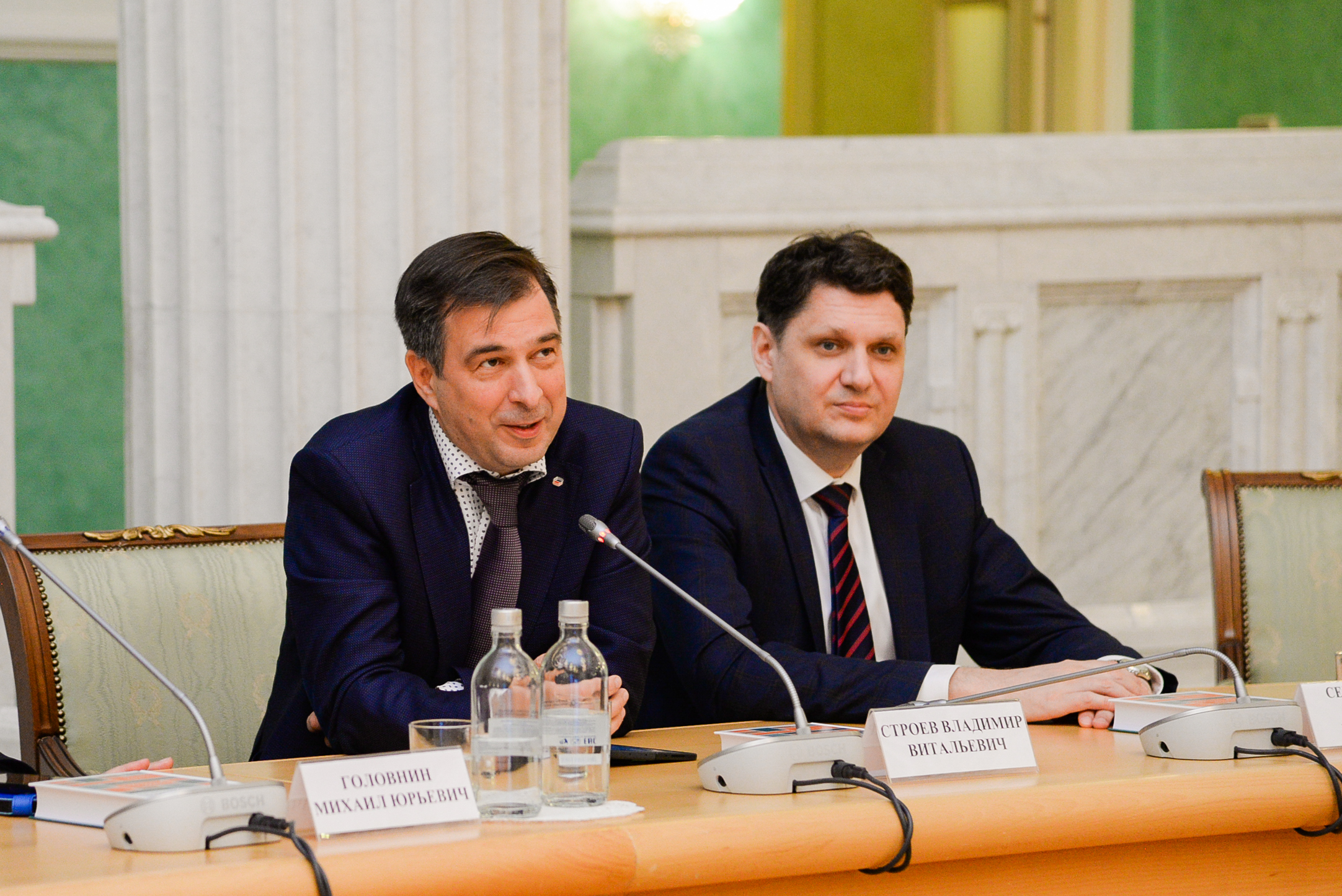
The advantage of the university, created as a part of the development of the EAEU, is that the labor market will be formed within the Eurasian space, which will have a positive impact on improving the professionalism of personnel and, in general, on the development of the member countries of the community.
Larisa Efremova (Moscow), Vice-Rector for International Affairs of the Peoples' Friendship University of Russia, shared her experience in organizing networking between universities in the SCO, CIS and BRICS spaces. She brought into focus that the main task of universities in the multilateral space is to find their special place in it and contribute to the improvement of the system, the formation of the principles of cooperation. The double-degree programs with foreign partner universities can be the first step on this path.
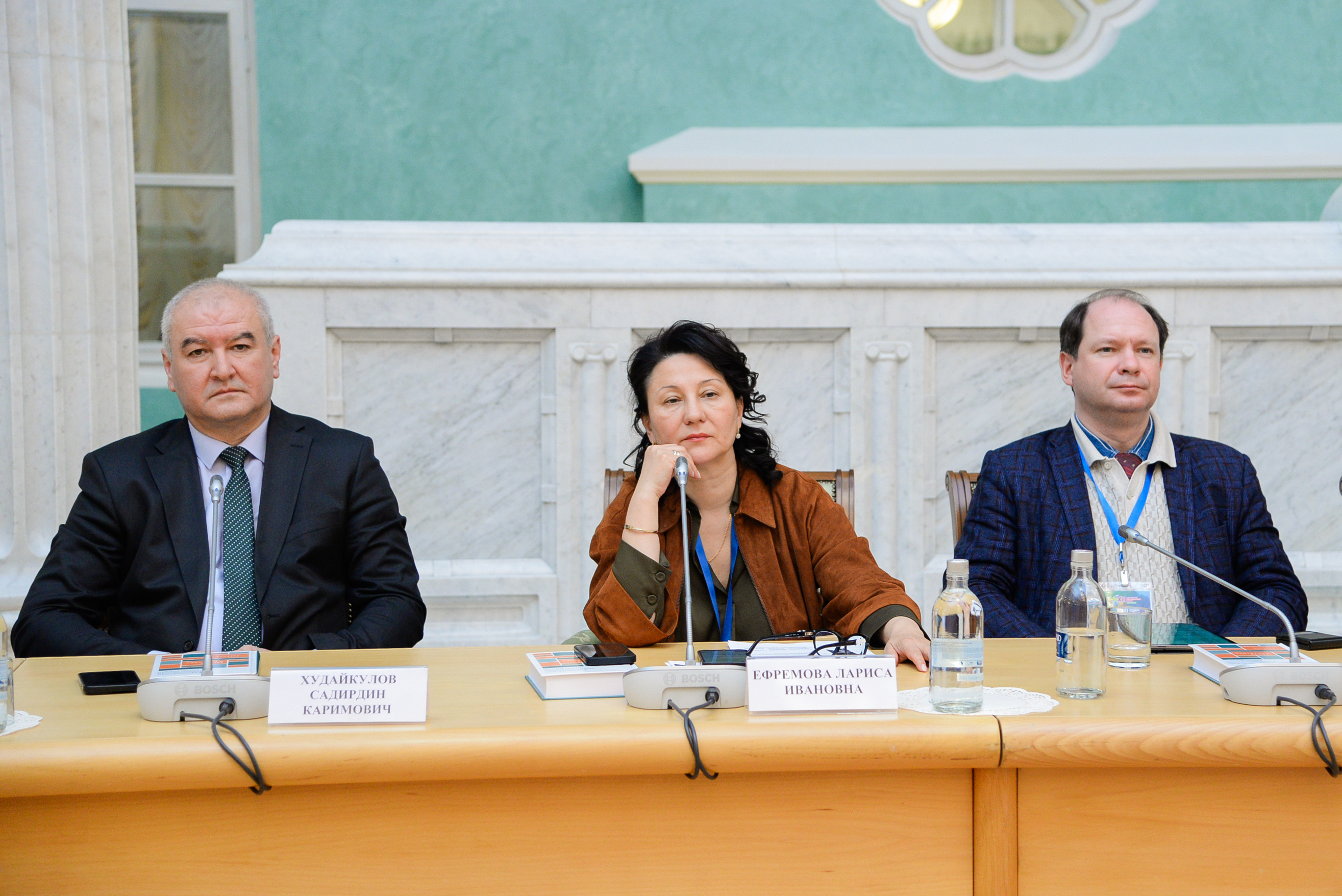
Sergei Glazyev, member of the Board (Minister) for Integration and Macroeconomics of the Eurasian Economic Collegium, took a broader view on the topic of cooperation between countries, including those outside the EAEU. He noted the trend towards rapprochement of countries not on the basis of imperialist relations, but on the mutual desire for open, mutually beneficial cooperation with an emphasis on cultural and spiritual values, and the growth of social welfare.
.jpg)
“The countries of Asia are at the center of the new world economic order: China, India, Turkey, Iran. Over the past year, Russia has significantly increased trade in these areas. In order to expand opportunities for comprehensive mutual exchange, we need to invest into science and the social sphere, and bring the education system to a common denominator. Today's meeting is designed to give impetus to new projects in this direction,” Sergey Glazyev said.
At the Forum of Rectors, Doctor of Economics, Professor, Academician of the Russian Academy of Sciences Sergey Glazyev was solemnly awarded the title of Professor of Honor of USUE. Sergey Yuryevich thanked his colleagues for the honor and emphasized that the implementation of many useful initiatives connects him with our university. Professor of Honor of USUE also is planning to take part in teaching work with students.
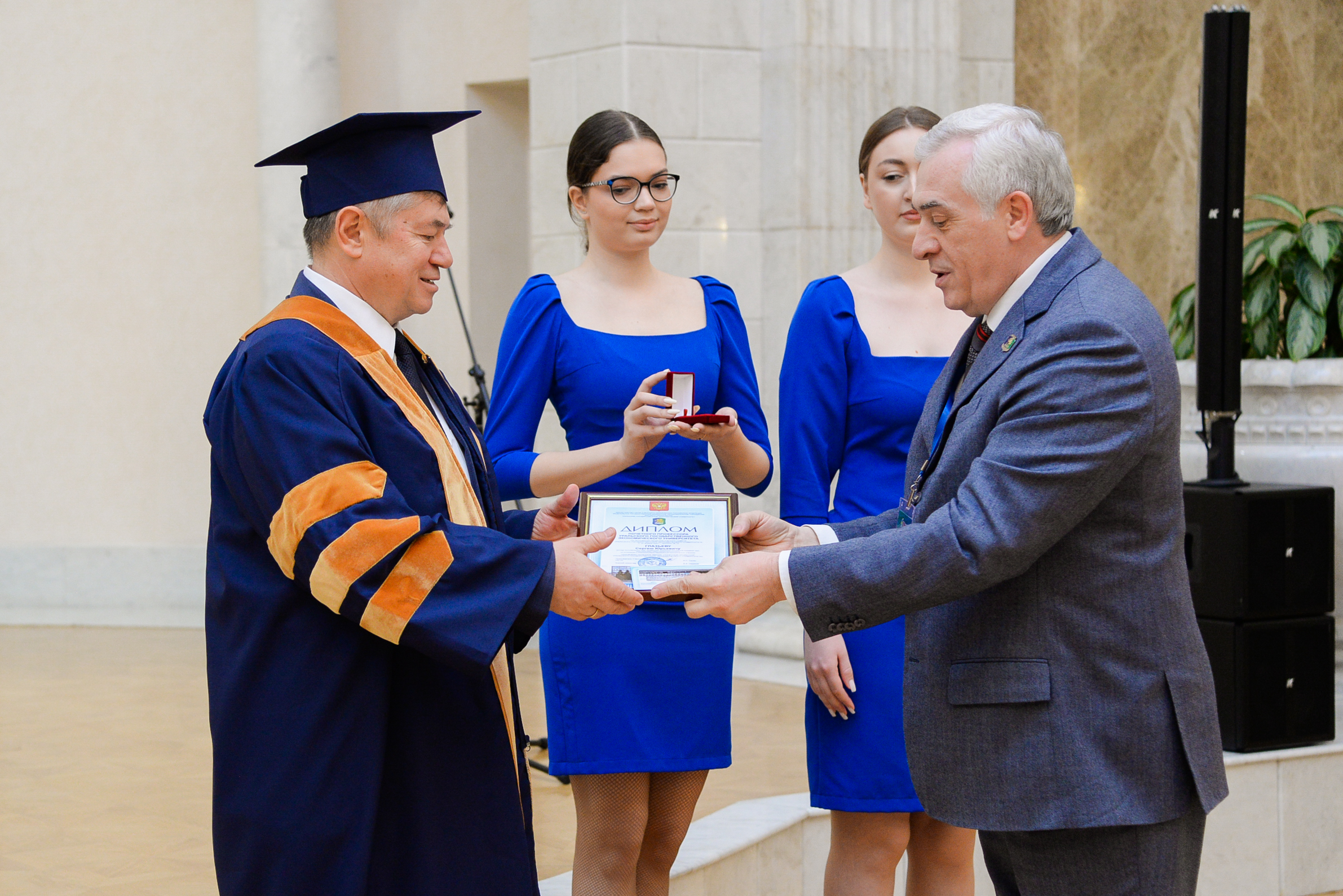
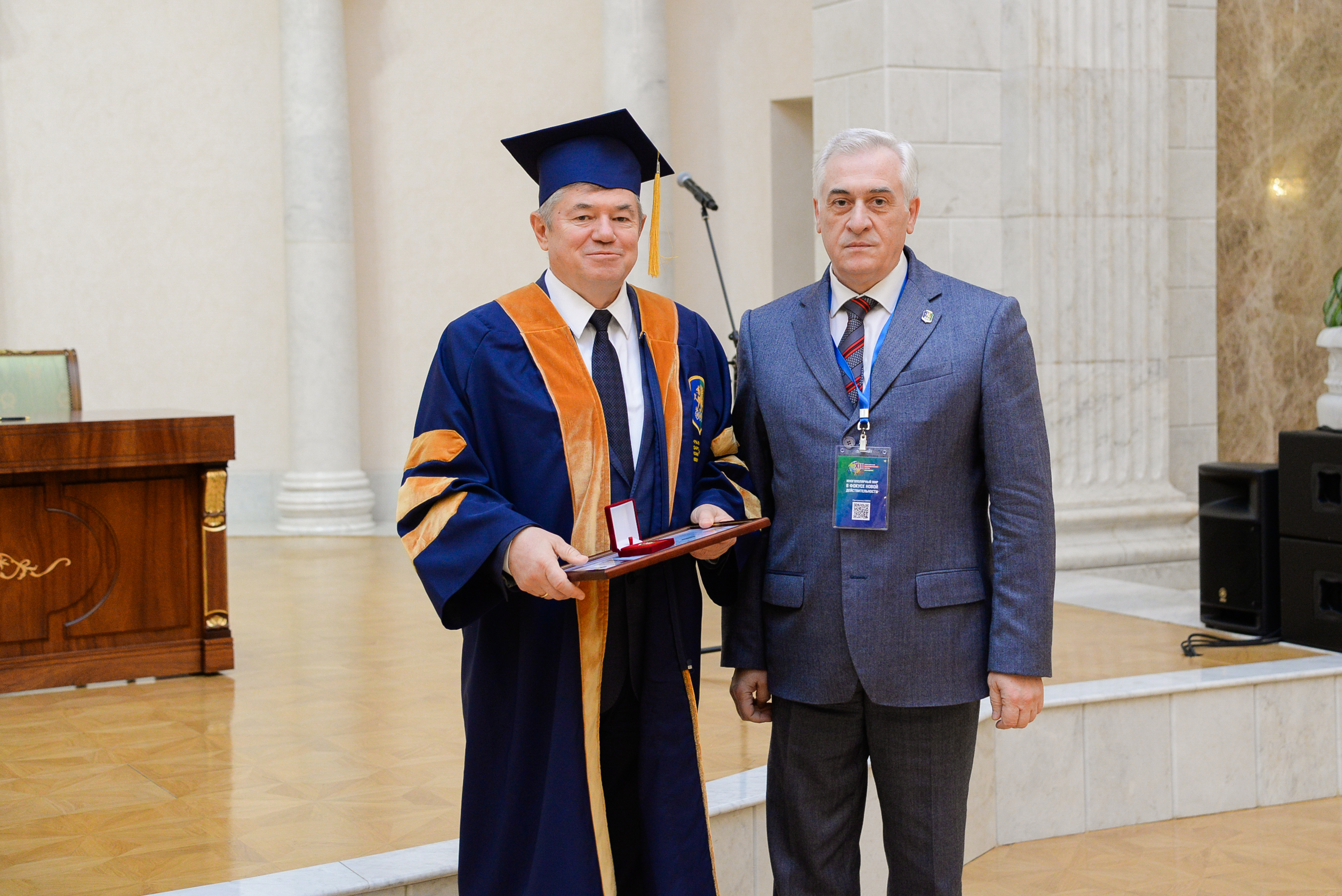
Pavel Krekov, the Deputy Governor of the Sverdlovsk Region, talked about the support for universities and students in Sverdlovsk Region. Thus, the Campus project being created in Yekaterinburg, a number of modern sports facilities and the active commissioning of new housing attract more and more young people to the capital of the Urals, including from abroad. The impact on this process by Eurasian Economic Youth Forum within the framework of which the meeting of the rectors took place, was especially emphasized by Alexander Buzgalin, Vice-President of the Free Economic Society of Russia (Moscow).
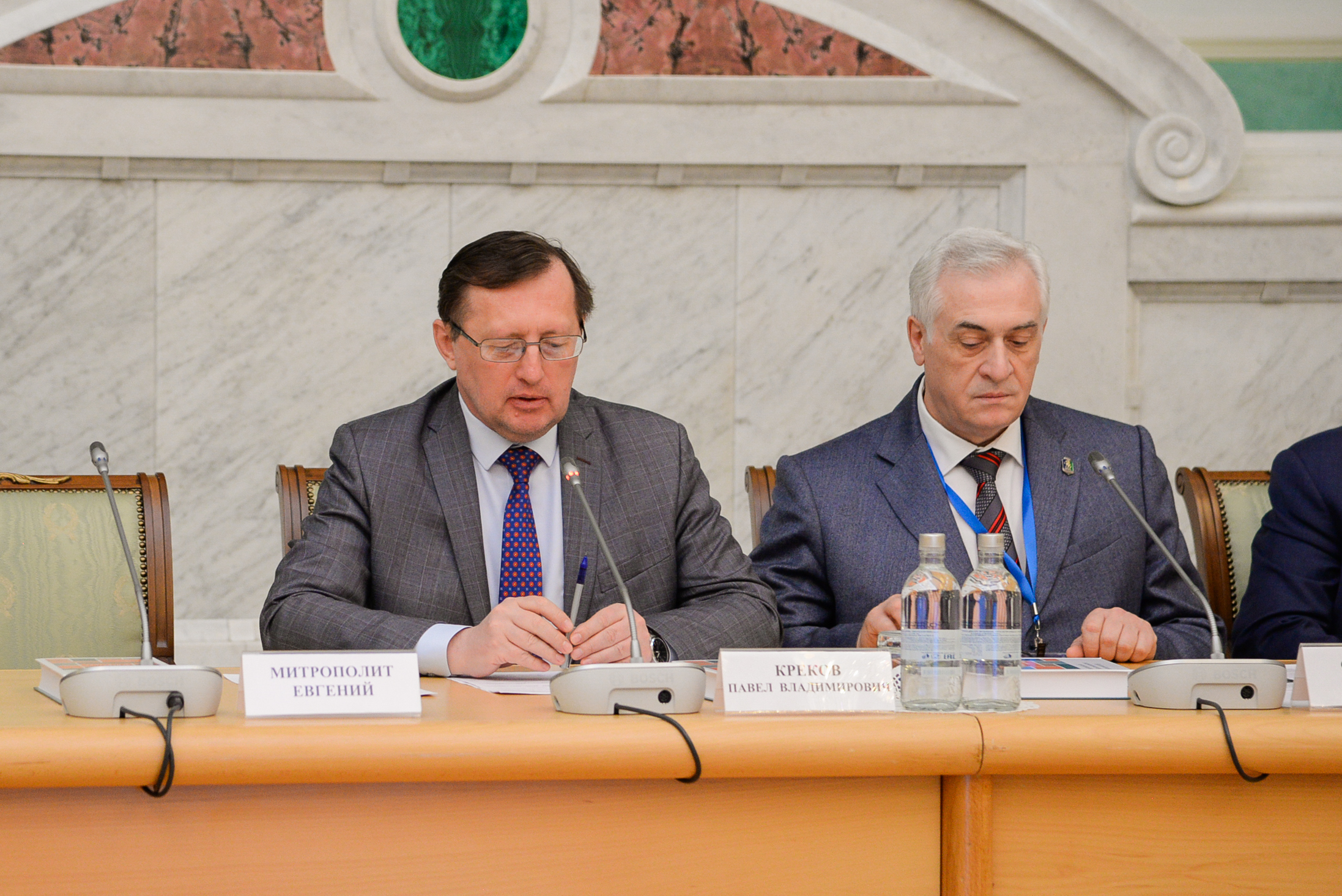
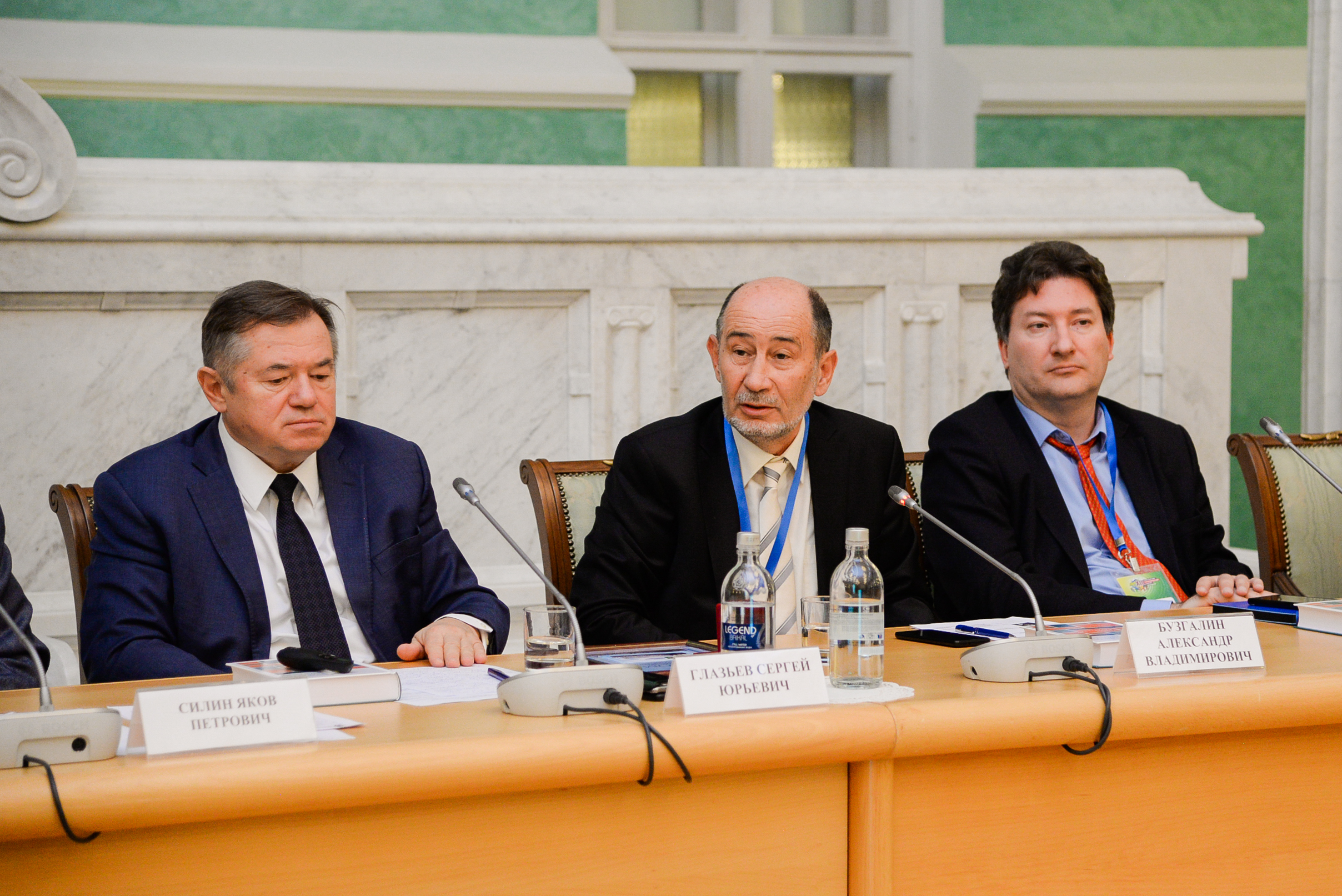
“EEYF is an event of federal significance. An ever larger community is showing interest in the forum. We are seeing how Yekaterinburg is confidently entering the role of the main platform for international youth and expert dialogue in Russia,” the expert said.
Another project to attract a wide youth audience to Yekaterinburg was told by Alexander Chernov, the General Director of the ANO “Executive Directorate of the Universiade 2023”. The International University Sports Festival will be held during the celebration of the 300th anniversary of Yekaterinburg from August 19 to 31, 2023 . It will be held at venues that meet all international standards, such as the Yekaterinburg-EXPO, the Water Sports Palace, the Center for Rhythmic and Aesthetic Gymnastics.
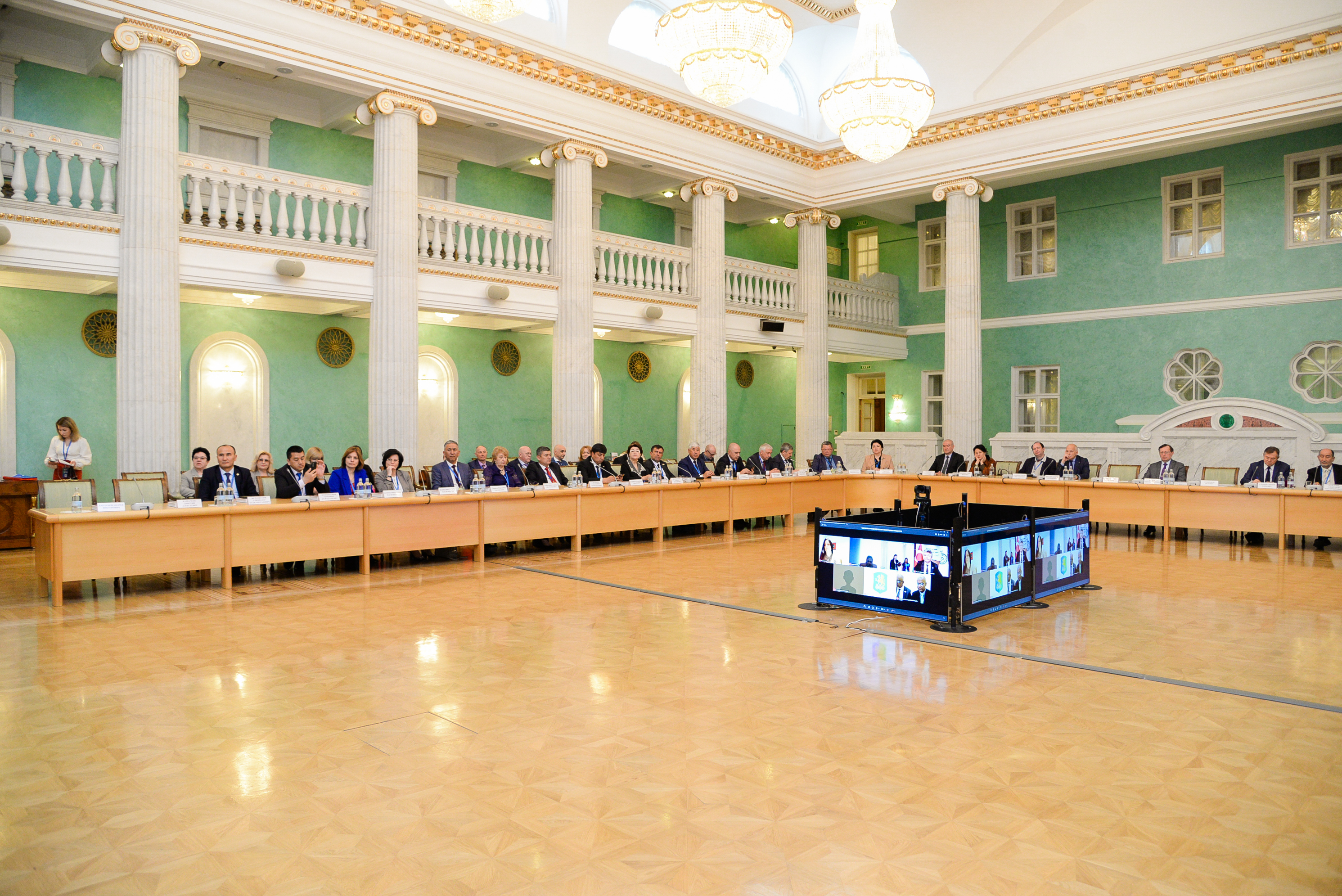
Andrey Besedin, the President of the Ural Chamber of Commerce and Industry, emphasized the special importance of training qualified personnel. For enterprises in the context of import substitution, there is an urgent problem of attracting the right specialists and, as a result, “wage competition”. This creates a distortion in the labor market and an unfair rise in the cost of production produced with the participation of "golden" employees.
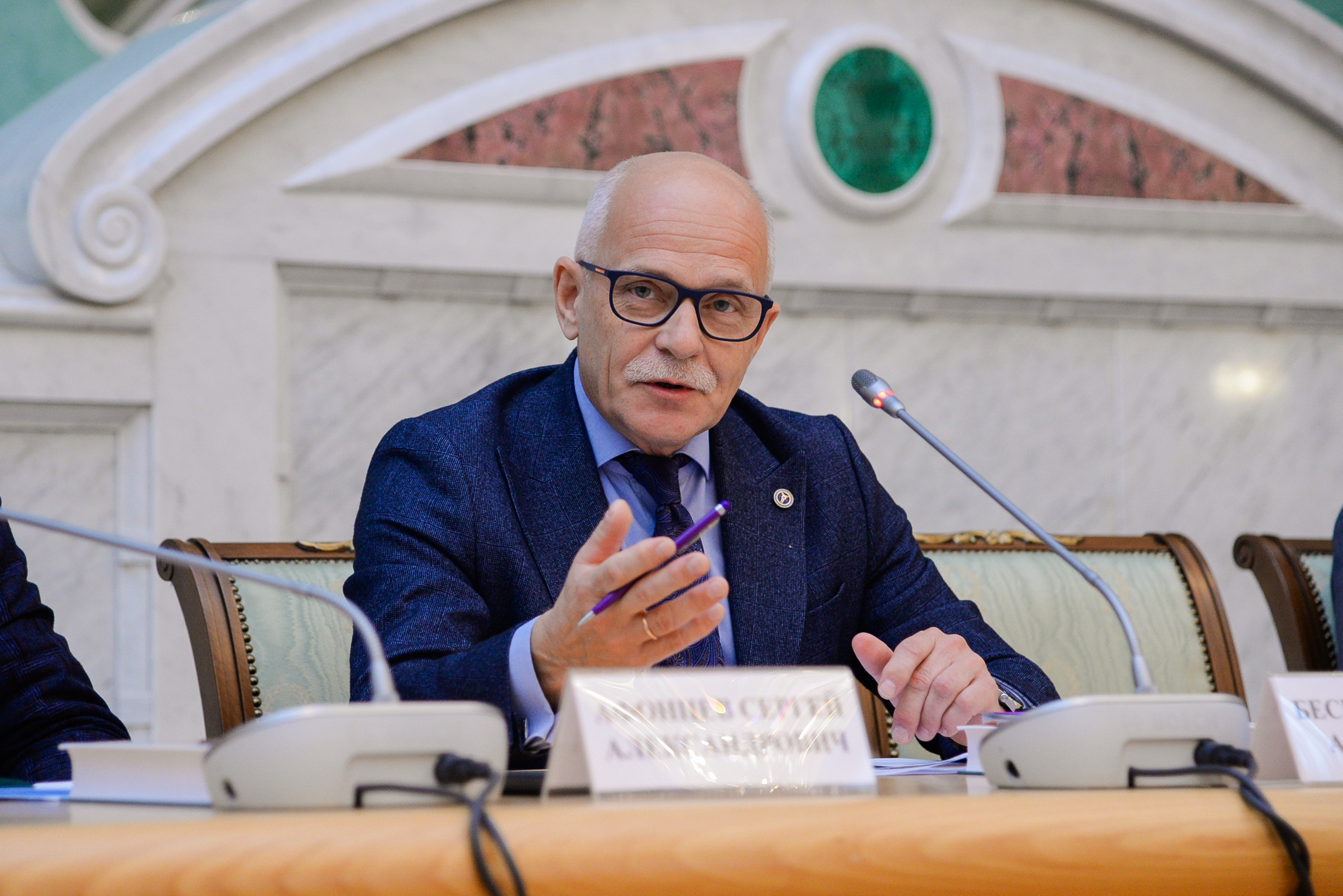
“The education system did not count on such a sharp increase in demand, but the integration of professional education into the Eurasian space, the synergistic effect of networking universities, and the establishment of unity in the educational systems of friendly countries will accelerate the resolution of these problems,” Andrey Besedin summed up.
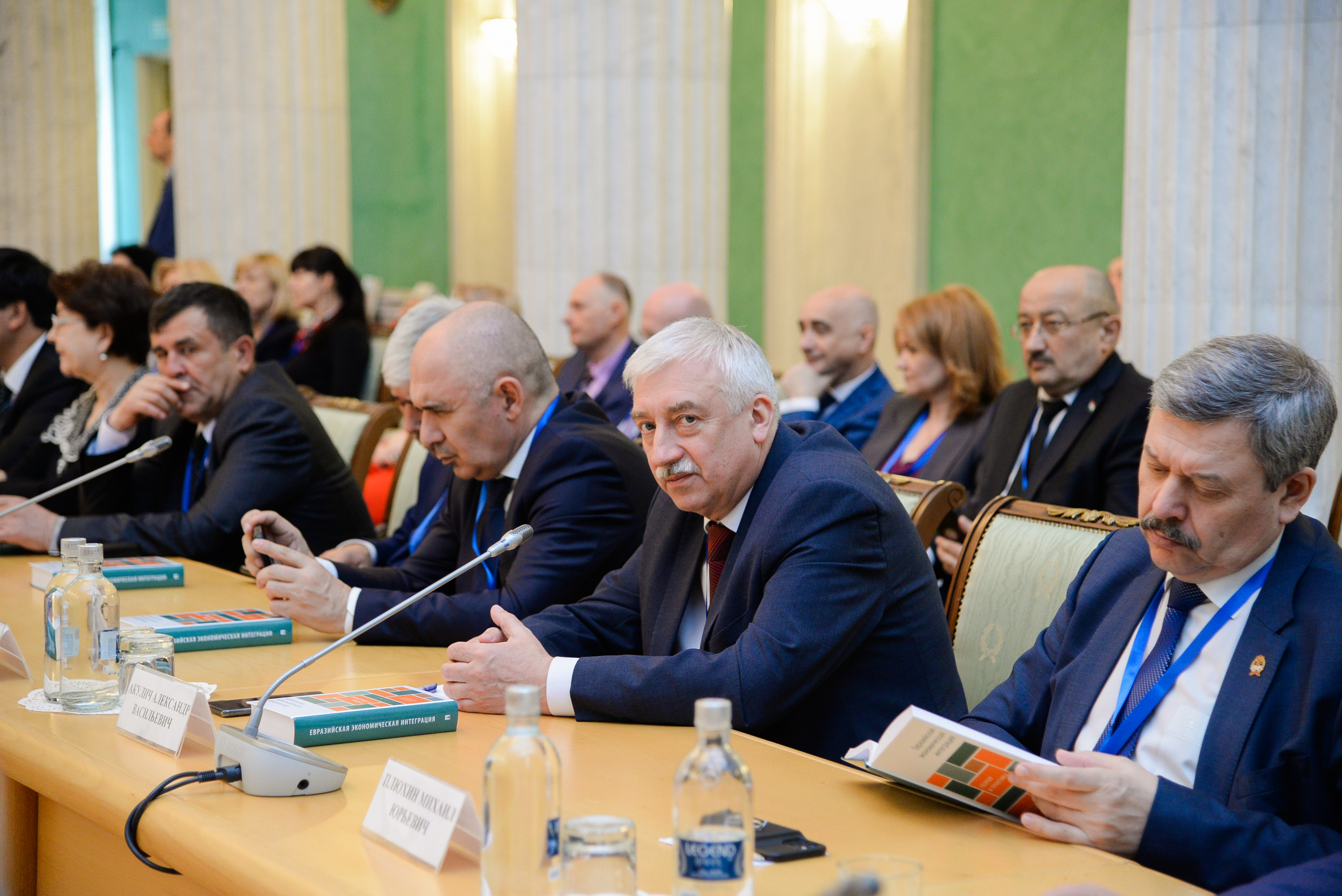
In order to approve the ideas of developing network interaction between universities, there was a solemn signing of several cooperation agreements that include an academic mobility of students, academic staff, joint research and exchange of experience in various areas. With the participation of the Ambassador Extraordinary and Plenipotentiary of the Republic of Sri Lanka, Mrs. Janita Liyanage, a memorandum of understanding was signed between the Ural State University of Economics and The Gampaha Wickramarachchi University of Indigenous Medicine. Also, the memorandum was signed by the heads of USUE and Ege University (Bornova, Turkey). Another official cooperation agreement was concluded with the Belarusian State University of Food and Chemical Technologies.
